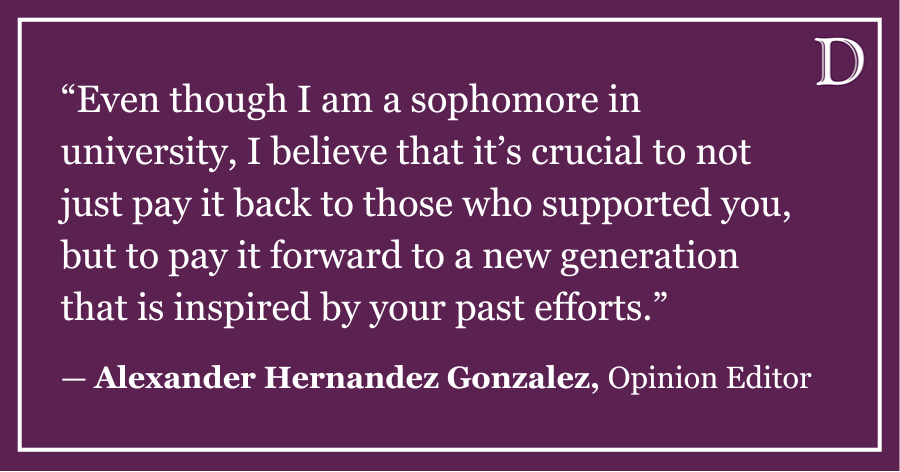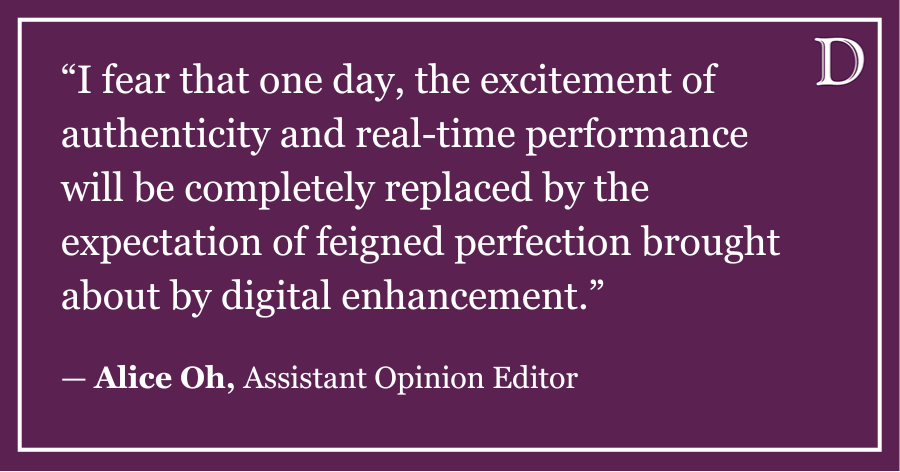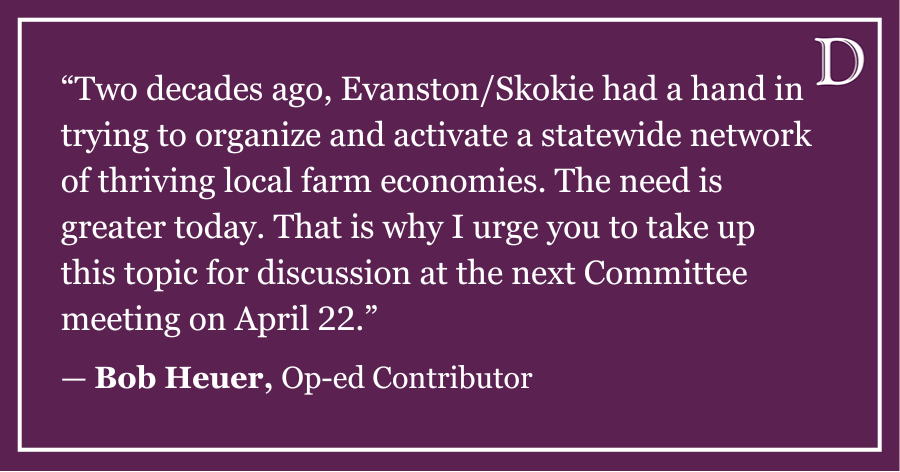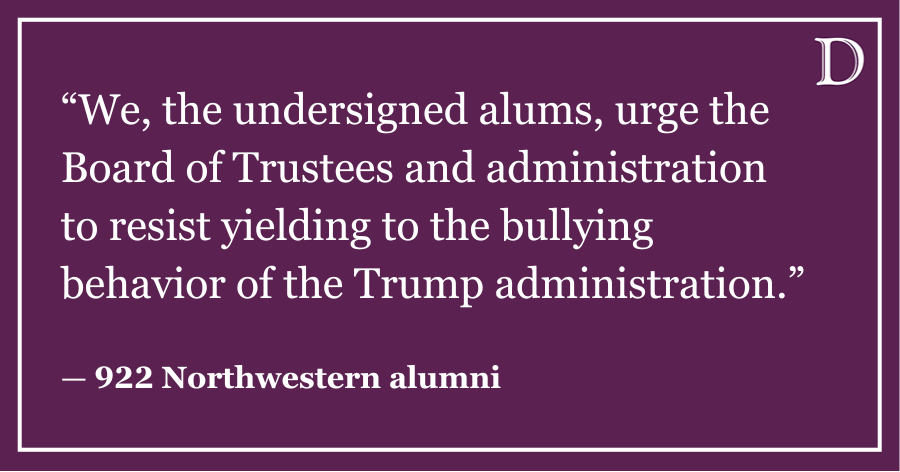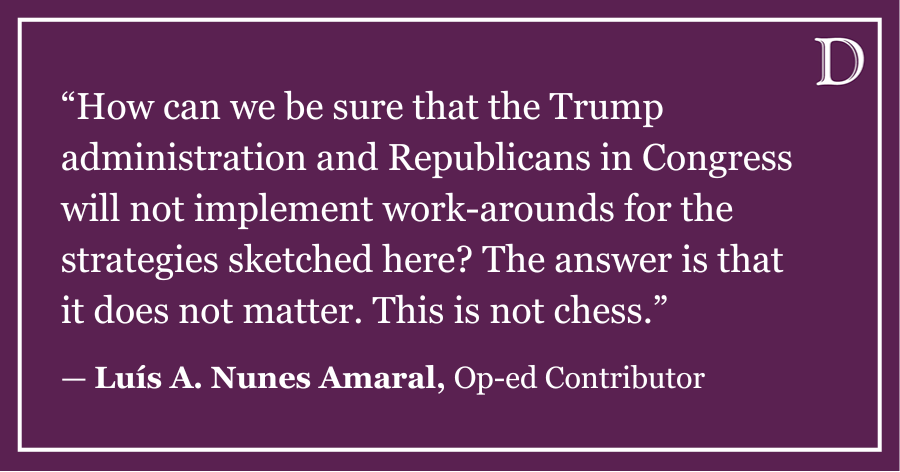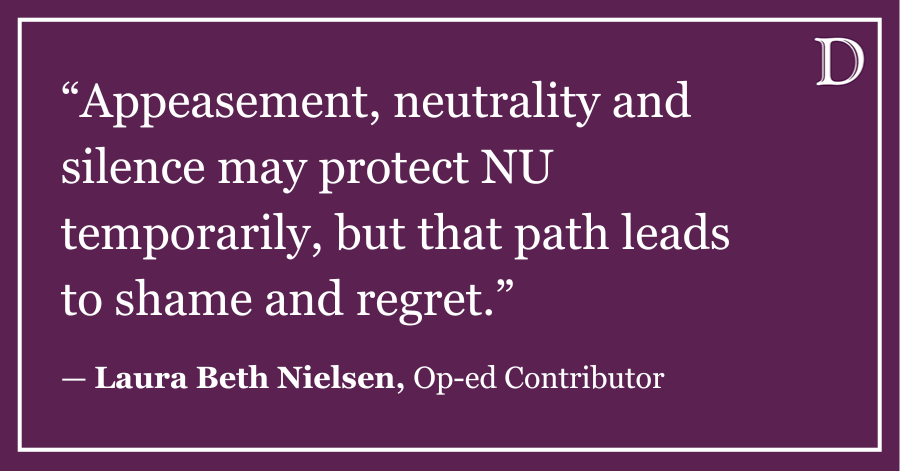It’s November. You start to hear Christmas music on the radio. You pull on your winter coat. You stop shaving. Well, for some members of the Northwestern community, that last one is true.
Students refer to November as “No Shave November” or “Movember” in order to explain why they’ve chosen to trade shaving for five minutes of extra sleep in the morning. But do they actually understand the meaning behind not shaving this month? Many of the students with whom I have spoken had no idea that what they refer to as No Shave November or Movember has any purpose beyond their personal entertainment.
The practice of not shaving during the month of November has its roots in several different movements and organizations. Students that participate in this event should do so with the intention of raising awareness and possibly even raising funding for health initiatives rather than participating solely for their own amusement.
Students who claim to participate in No Shave November should be aware that it is actually an event sponsored by the American Cancer Society to raise awareness of cancer in its numerous forms. According to the ACS, “The goal of No-Shave November is to grow awareness by embracing our hair, which many cancer patients lose, and letting it grow wild and free. Donate the money you usually spend on shaving and grooming for a month to educate about cancer prevention, save lives, and aid those fighting the battle.”
Likewise, students that grow mustaches in November should shift their focus from saving a few minutes in the morning to the important health concerns that Movember seeks to combat. Movember is primarily for men and is geared toward raising awareness of men’s health issues including testicular cancer, prostate cancer and mental health. Movember also specifically involves growing a mustache, whereas No Shave November leaves it up to the participants to decide what will be left unshaven.
The health issues brought up by the Movember movement are particularly pertinent to the Northwestern community. College-aged males are among those at the greatest risk of testicular cancer as about half of all diagnoses occur in men between the ages of 20 and 34. Students participating in an event for testicular awareness should know that they could easily be among those affected by this disease.
Raising awareness of prostate and testicular cancer is especially important because the prognosis for these diseases is comparatively good if caught early. The Movember movement hopes to make men more aware of warning signs so these diseases can be caught early.
Although prostate cancer generally strikes older men, it is important that awareness and funding is distributed across all cancers.
Mental health, another focus of Movember, should also greatly concern a community of college men. An American Psychiatric Association study found that almost half of all college students experienced anxiety within the last year and a third experienced serious depression.
Though mental health problems are stigmatized for both sexes, gender norms that expect men to be strong and unemotional make it even harder for a male to accept and seek treatment for mental illness. Men suffer in silence with depression because they are unlikely to seek the assistance of mental health professionals.
It’s never too late to put that razor away for the month. Personally, I don’t think anyone would benefit from my having facial hair, but I choose to support the fight against cancer in other ways. But if you do choose to participate, remember this month doesn’t just have to be about your mustache or beard; it can be about raising awareness of health issues that affect people just like you.
Matt Gates is a Weinberg freshman. He can be reached at matthewgates2017@u.northwestern.edu. If you want to respond publicly to this column, send a Letter to the Editor to opinion@dailynorthwestern.com.



